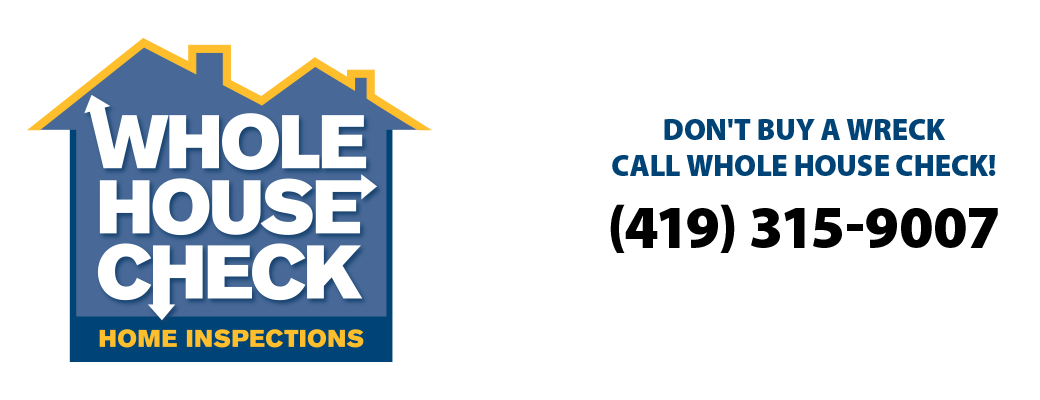
General Home Inspection | Insect Inspection | Radon Testing | Mold Testing
What is Mold?
Molds are organisms that are found indoors and outdoors. They are part of the natural environment and play an important role in our ecological system by breaking down and digesting organic material. Molds are neither plants nor animals. They are part of the kingdom Fungi. No one knows how many species of fungi exist, but estimates range from the tens of thousands to perhaps 300,000 or more. Some of the more common indoor molds are Penicillium, Aspergillus, Cladosporium, and Alternaria.
Why Be Concerned?
Mold is not usually a problem indoors – unless mold spores land on a wet or damp spot and begin growing. As molds grow, they digest whatever they are growing on. Unchecked mold growth can damage buildings and furnishings; molds can rot wood, damage drywall, and eventually cause structural damage to buildings. Mold can cause cosmetic damage, such as stains, to furnishings. The potential human health effects of mold are also a concern. It is important, therefore, to prevent mold from growing indoors.
Discovering fungi in the indoor environment raises three major concerns:
- The potential health effects of exposure to fungi and their byproducts;
- The effects of fungal contamination on the structural integrity of a building; and
- The negative aesthetic effects fungi can produce both visually and on the human olfactory system.
Our Mold Testing Services in Bowling Green, Perrysburg & Toledo, OH
We conduct a limited mold inspection. If signs or conditions of mold are found during the general home inspection, we will let you know. If you choose to, samples of the suspected mold will be taken for testing. We will use ‘tape sampling’ in the areas of concern.
International Association of Certified Home Inspectors: Study guide for how to perform Mold Inspections course
